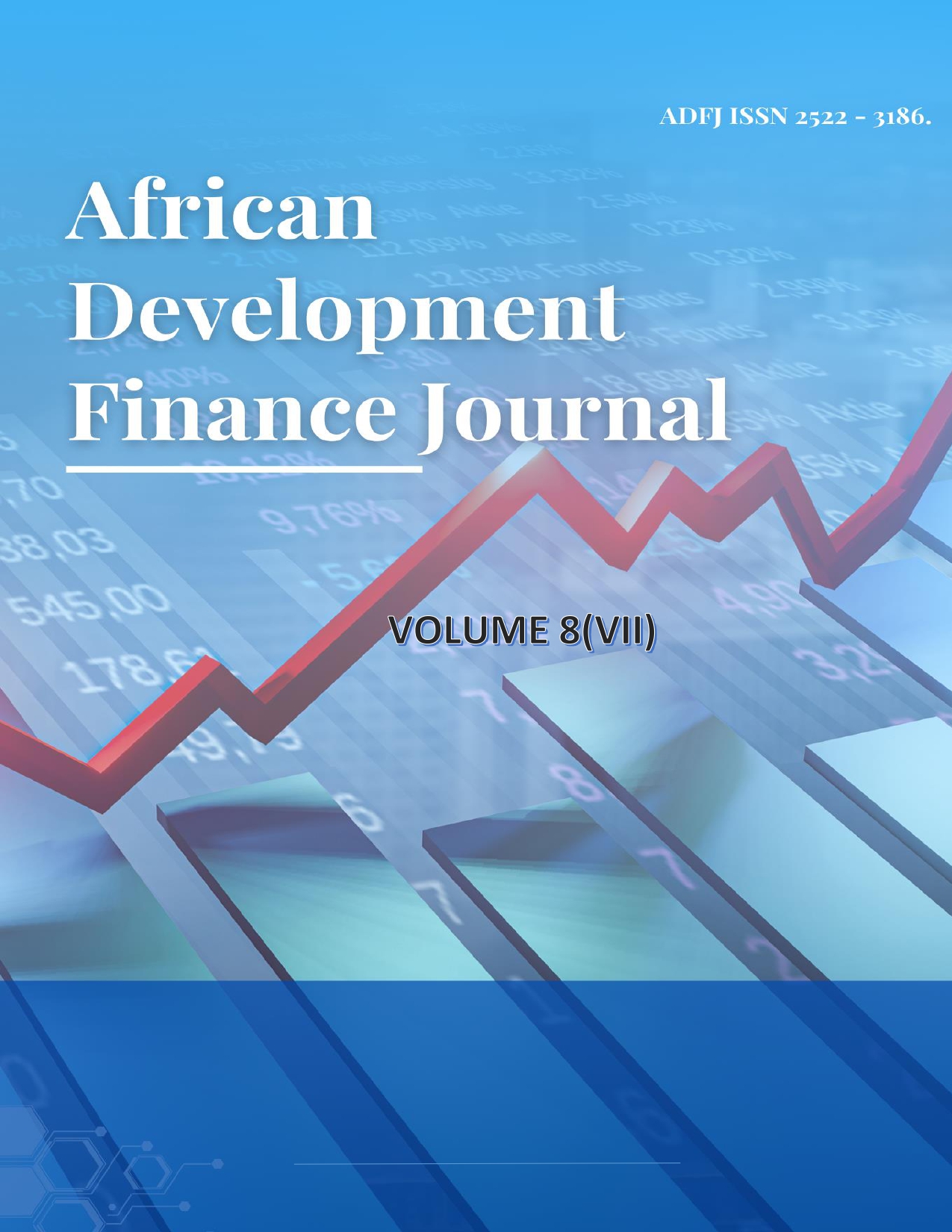Capital Inflows, Climate Change and Economic Growth
Abstract
Economic growth is a key objective for nations seeking to improve living standards and promote sustainable development. In many developing economies, particularly in West Africa, the role of capital inflows has been a subject of considerable debate. Foreign capital inflow is often seen as a catalyst for economic transformation, providing financial resources that supplement domestic savings and investment. However, ongoing climate-related challenges may undermine its benefits by creating an unstable economic environment. This instability can discourage investment and impede development efforts. The study examined the impact of capital inflows and climate change on the economic growth of Ghana, Gambia, Liberia, Nigeria, and Sierra Leone, utilising data from 1980 to 2022. The Feasible Generalized Least Squares (FGLS) estimation technique was employed to analyse the data. The capital inflow was proxied by official development assistance (ODA) and foreign direct investment (FDI), while climate change was measured by temperature (TEM) and precipitation (RAN). The results showed that FDI, ODA, and TEM significantly contribute to positive economic growth, as measured by GDP per capita (in current U.S. dollars). However, precipitation does not affect economic growth. These findings underscore the vital importance of capital inflows in promoting regional economic growth. The governments of the five countries should implement measures to streamline business regulations and simplify investment procedures. By doing so, they can create a more attractive environment for foreign investors, ultimately boosting the flow of ODA and FDI into their economies.
Keywords: Foreign Direct Investments, Feasible Generalized Least Squares, Official Development Assistance, Temperature

